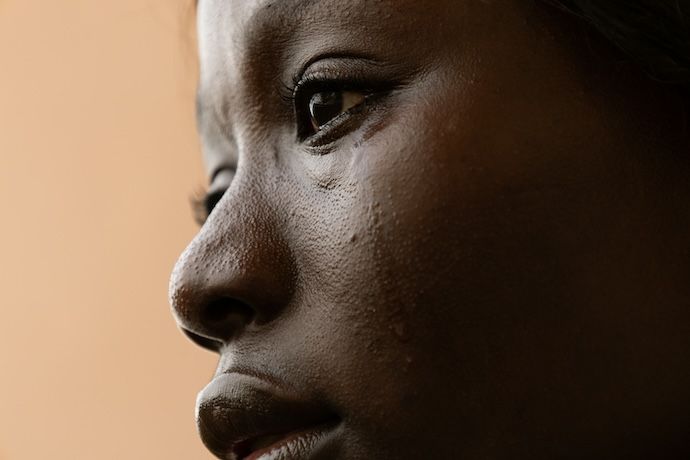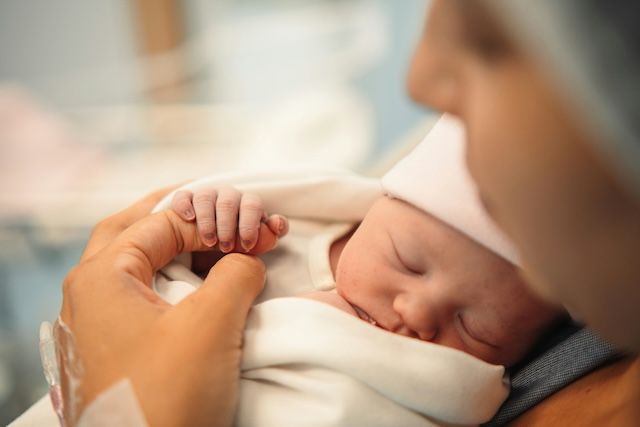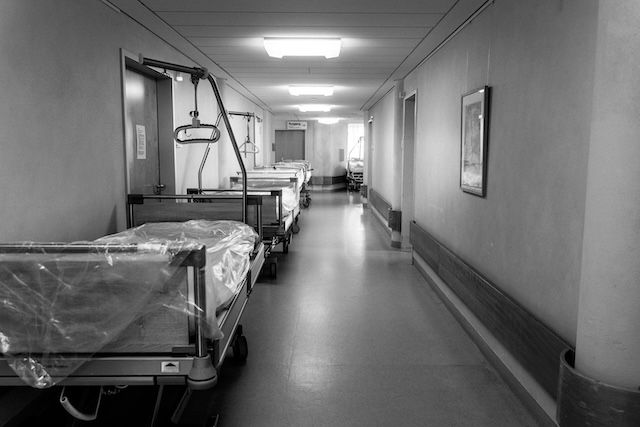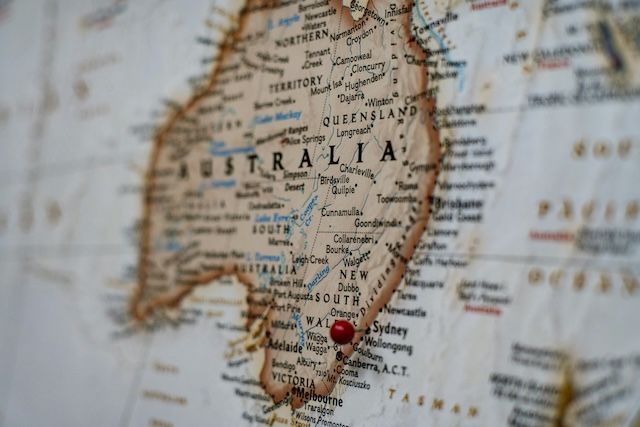Front-Line Midwives: Three Reasons Why Supporting These Humanitarian Health Workers Matters
In crisis zones, midwives save lives daily. Yet funding cuts endanger their work, threatening maternal health where it is needed most.
Across the globe, particularly in crisis-affected regions, women, newborns, and midwives face severe challenges. With international aid shrinking, the ability to provide essential maternal and newborn care is under threat. A recent UNFPA report outlines three key reasons why midwives are indispensable in humanitarian contexts and why sustained support is urgently needed.
1. Maternal health progress is at risk
In fragile settings marked by conflict, displacement, or natural disasters, the risks to mothers and infants increase dramatically. According to UNFPA, around 75 % of all maternal deaths occur in just 25 countries, most of them in Sub-Saharan Africa and South Asia. With humanitarian funding cuts, midwifery services, antenatal care, and safe childbirth are increasingly at risk.
On the Yemeni island of Kamaran, for example, Nora is one of only four trained midwives serving about 5,000 women in her community. She describes her determination:
“I will walk through mud, ride through floods and fight against all odds – because every birth should be a story of joy, not sorrow.” (arabstates.unfpa.org)
Her words illustrate the commitment of countless midwives who risk their own safety to prevent maternal and newborn deaths. Yet without stable funding, not only their jobs but also the lives of the families they serve remain in jeopardy.
2. Job losses translate into life-and-death consequences
Midwives are often the only health professionals available to provide childbirth assistance, emergency care, contraception, and support for survivors of gender-based violence in humanitarian settings. When clinics close due to resource cuts, midwives lose their positions, and critical services disappear.
In Gaza, for instance, planned recruitment of midwives in 2025 has been significantly reduced because of funding shortfalls. In addition, shortages of medicine, secure facilities, and transport continue to undermine maternal health.
 Photo by Ben Iwara
Photo by Ben Iwara
3. Midwives are cost-effective lifesavers
Scaling up midwifery saves lives – and does so efficiently. Research shows that universal access to midwifery could prevent two-thirds of maternal and newborn deaths. Every dollar invested in midwives yields up to 16 dollars in return, not only through lives saved but also through reduced long-term health costs and stronger communities.
The way forward
Secure long-term funding: Humanitarian health centers and midwifery programs require sustained investment to remain operational.
Expand training and recruitment: Many countries cannot fill planned midwifery posts due to resource gaps — in Yemen, more than half of the 1,492 planned midwives cannot be hired.
Strengthen fragile health systems: Safe facilities, medical supplies, and transport are essential, along with stronger recognition of midwives in national and international policies.
Without renewed commitment, fragile gains in reducing maternal mortality risk being reversed — particularly in the very regions where women and newborns need protection the most.
Source: UNFPA





